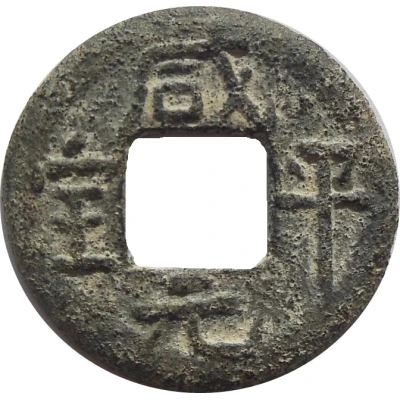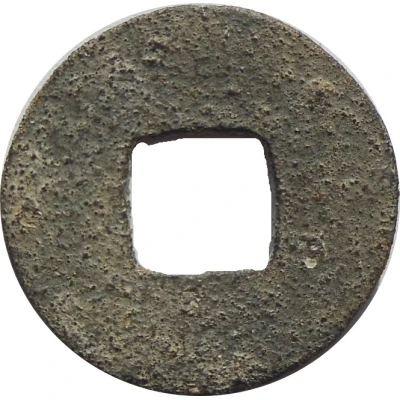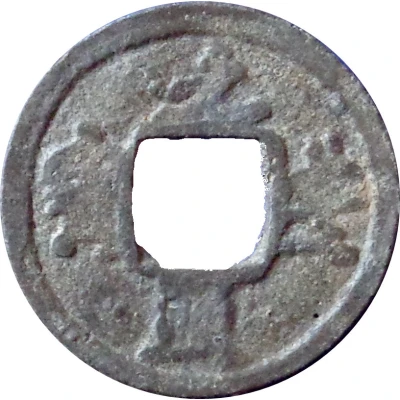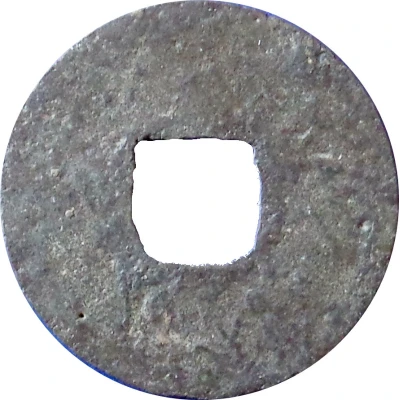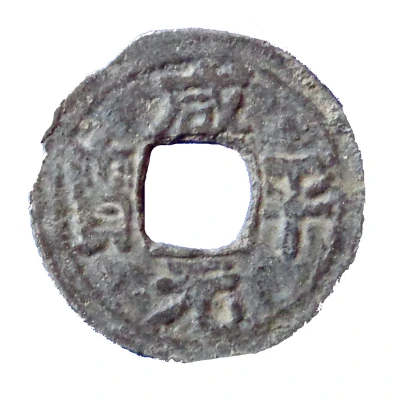
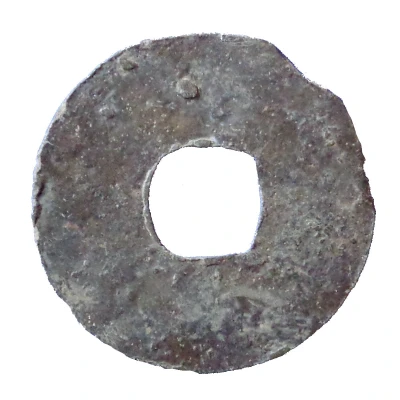

© John3 16
1 Cash - Xianping (Yuanbao; Tin imitation) ND
| Tin | 0.98 g | 20.8 mm |
| Issuer | Malay peninsula (Malaysia) |
|---|---|
| Type | Standard circulation coin |
| Value | 1 Cash |
| Composition | Tin |
| Weight | 0.98 g |
| Diameter | 20.8 mm |
| Thickness | 0.65 mm |
| Shape | Round with a square hole |
| Demonetized | Yes |
| Updated | 2024-10-06 |
| Numista | N#107859 |
|---|---|
| Rarity index | 89% |
Reverse
Plain
Edge
Plain
Comment
This is a tin imitation of Chinese cash coin that is consistent with descriptions given by early Dutch travelers to Java and Sumatra around the 1600s. According to Yih (2012:33) and Mitchiner (2012:24-23), Xianping Yuanbao is one the most popularly imitated.Size and weight are not consistent between coins, for example:
See:
Mitchiner, Michael (2012). "Coin Circulation in Palembang (Sumatra), circa AD 1710 to 1825. Including Coins made in Banten, Siak, Kampar, Indragiri, Jambi, Palembang and Batavia" https://www.orientalnumismaticsociety.org/archive/ONS_213.pdf, pp: 36-37
Robinson, Frank S. (2015). Palembang Coins http://www.fsrcoin.com/palembang.html
Yih, Tjong Ding (2012) “Tin cash imitations from Palembang in the former Dutch East Indies: genuine local imitations or modern counterfeits?” https://www.orientalnumismaticsociety.org/archive/ONS_212.pdf, pp: 32-36
Interesting fact
One interesting fact about the Standard circulation coin 1 Cash - Xianping (Yuanbao; Tin imitation) ND from Malay peninsula (Malaysia) made of Tin weighing 0.98 g is that it was used as a form of currency in the Malay Peninsula during the 19th century. The coin was introduced by the British East India Company in the early 19th century as a replacement for the earlier Spanish dollar, which was widely used in the region. The Xianping coin was made of tin, which was a cheaper alternative to silver or gold, and it was designed to resemble the Chinese Yuanbao coin. Despite its low value, the Xianping coin played an important role in the economy of the Malay Peninsula during that time, and it remains a unique and interesting piece of numismatic history.
